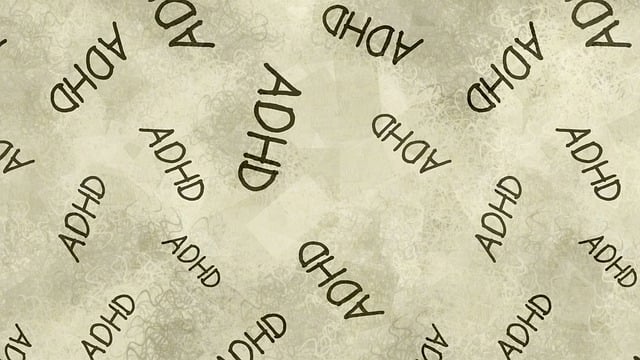Understanding mental health among adolescent populations is complex but vital due to unique challenges like heightened anxiety and depression linked to academic pressures and peer relationships. For teens with terminal illnesses, context-aware strategies such as mood management, emotional intelligence building, and social skills training in therapy are essential for resilience and improved well-being outcomes. Analyzing mental health data from at-risk teen populations helps tailor interventions, addressing specific emotional challenges and coping mechanisms, ultimately leading to positive outcomes through tailored care.
Mental health data analysis plays a pivotal role in understanding and addressing challenges faced by adolescent populations. This article delves into three critical areas: exploring mental health data specific to adolescents, examining the profound impact of terminal illness on teenagers’ psychosocial well-being, and interpreting findings to inform effective therapy strategies for at-risk teens. By leveraging robust analysis, we can revolutionize therapy for adolescent teens affected by terminal illness.
- Understanding Mental Health Data in Adolescent Populations
- Analyzing the Impact of Terminal Illness on Teenagers' Psychosocial Well-being
- Interpreting Findings to Inform Therapy Strategies for At-Risk Teens
Understanding Mental Health Data in Adolescent Populations

Understanding mental health data among adolescent populations is a complex yet crucial task, given the unique challenges and developmental stages that teens navigate. This age group often presents distinct patterns and trends in their psychological well-being, which can significantly differ from adults or younger children. Adolescents may face various stressors, including academic pressures, peer relationships, and identity formation, all of which can impact their mental health. For instance, data might reveal higher rates of anxiety and depression during this period, requiring tailored interventions.
When analyzing such data, it’s essential to consider the context of terminal illness, as it poses unique mental health implications for adolescent teens. Therapy and support services designed for this demographic should incorporate strategies like mood management techniques, emotional intelligence building, and social skills training (a key aspect in fostering resilience). By understanding these data insights, healthcare professionals can develop effective programs that address specific needs, ensuring better outcomes for the mental well-being of adolescents.
Analyzing the Impact of Terminal Illness on Teenagers' Psychosocial Well-being

The impact of terminal illness on teenagers’ psychosocial well-being is a critical area of mental health data analysis, as it sheds light on the unique challenges faced by this vulnerable population. When adolescent teens are confronted with the news of a terminal illness in themselves or a loved one, it can lead to a myriad of emotions and experiences that significantly affect their mental health. This period often involves intense fear, anxiety, grief, and a sense of loss for their future prospects and normalcy.
Therapy for adolescent teens with terminal illnesses plays a pivotal role in supporting them through this arduous journey. Through targeted interventions, therapists can help these teens develop coping mechanisms, enhance self-care practices, and foster resilience. Encouraging open conversations about their feelings and experiences, mental health awareness programs, and the implementation of community outreach initiatives can all contribute to improving their overall psychosocial well-being. Additionally, these support systems ensure that teenagers are not just surviving but thriving amidst the challenges posed by terminal illness.
Interpreting Findings to Inform Therapy Strategies for At-Risk Teens

When analyzing mental health data for at-risk teen populations, particularly those grappling with terminal illness or serious health concerns, the interpretations hold immense weight in shaping effective therapy strategies. The insights gained from this analysis provide a roadmap to tailor interventions that cater to the unique needs of these adolescents. By understanding the prevalent emotional challenges and coping mechanisms within the dataset, healthcare professionals can design targeted therapies.
For instance, data might reveal heightened stress levels related to their health condition, leading to the integration of empathy-building strategies aimed at fostering resilience. Equally, emotional intelligence training could be incorporated to help teens manage their feelings more effectively. This tailored approach ensures that therapy aligns with the specific mental health landscape observed in these at-risk teen groups, enhancing the potential for positive outcomes and improved well-being.
Mental health data analysis plays a pivotal role in understanding and addressing challenges faced by adolescent populations. By examining the impact of terminal illness on teens’ psychosocial well-being, we can gain invaluable insights to inform targeted therapy strategies for at-risk teenage individuals. This approach ensures that interventions are not just responsive but proactive, aiming to enhance the mental resilience of adolescents navigating difficult circumstances, including those dealing with terminal illnesses.














